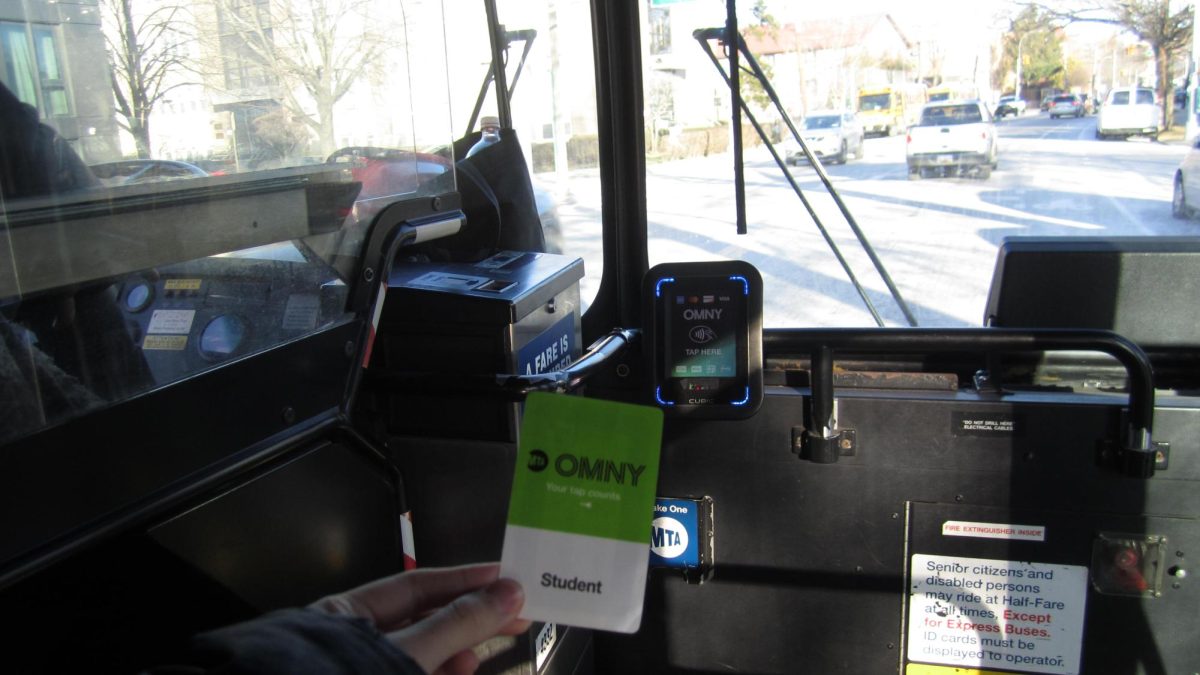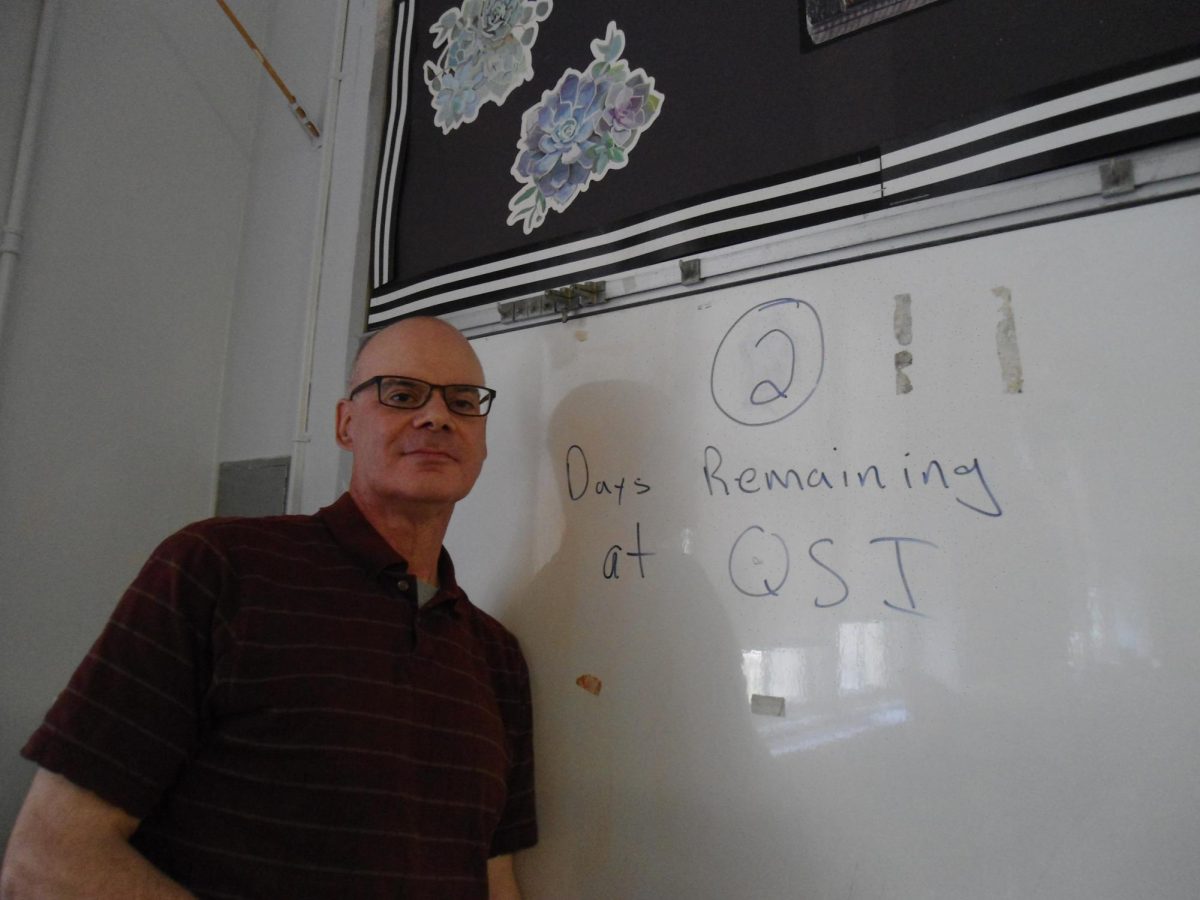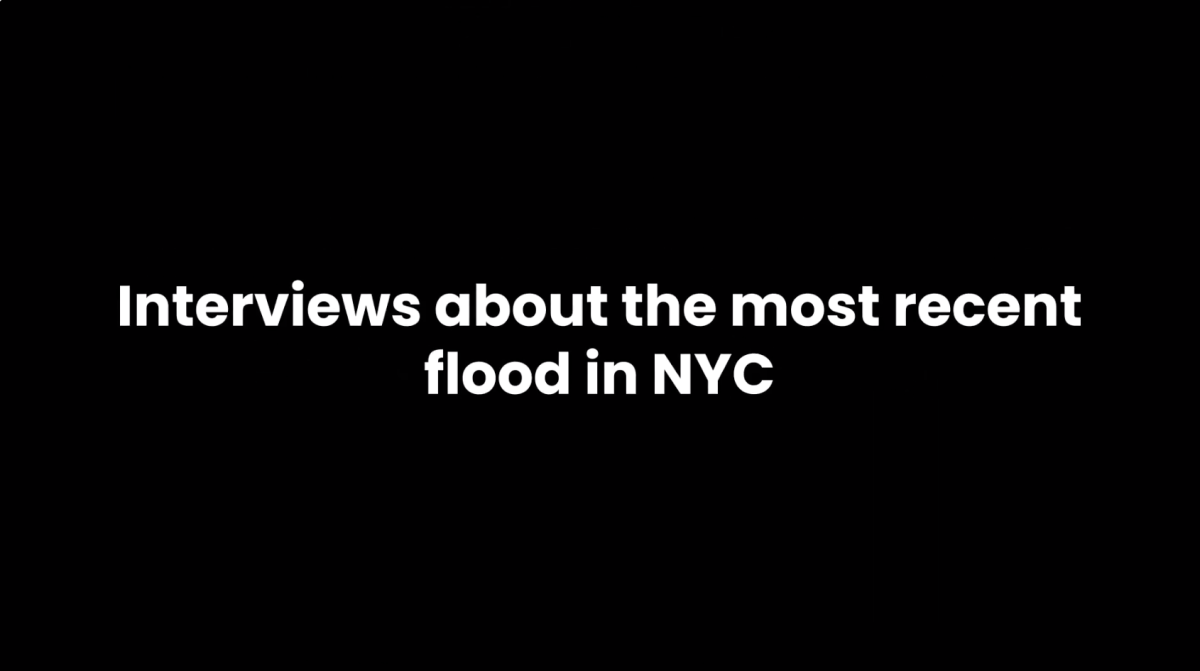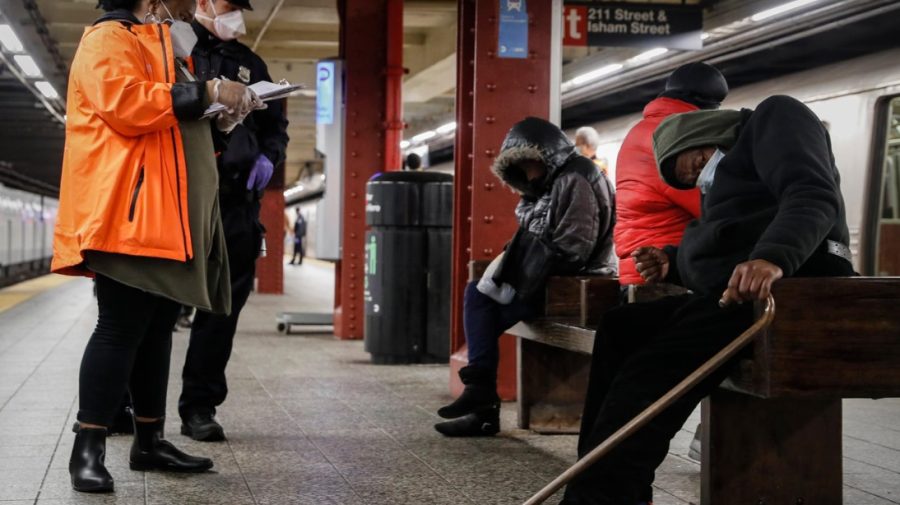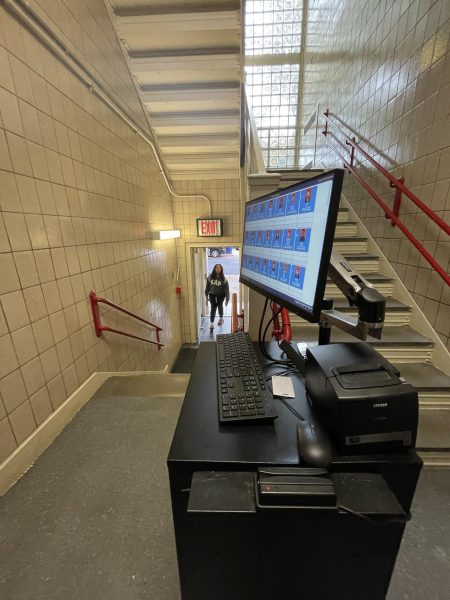Mayor Adam’s plan for homeless individuals with mental illness falls short
December 23, 2022
We have all had that experience. A person being close by, walking or sitting by us, who clearly needs help. So what do you do and more importantly what should the city do?
On Dec. 1, Mayor Eric Adams, a former NYPD officer, announced a plan that permits first responders, like police or EMTs, to hospitalize people involuntarily if they determine that the individual isn’t able to provide for their own basic needs.
Hospitalizing people with severe mental illness, against their will, is not new. But the standard that Adams announced is much broader and would cause many more people to be admitted. While Adams is on the right track in his efforts to combat issues involving homeless people with severe mental illnesses, he needs to reevaluate the true impacts of his plan before individuals get hurt.
The city is responsible for the care of its citizens, especially those most vulnerable. While Adam’s plan may be well-intentioned, past ventures that are similar to his plan have failed. Over the years, the city has tried to address the issue of people with mental illness living in the streets. They have been inhumane, fought in court and deemed illegal. For example, in 1987, in an initiative similar to Adam’s plan, the city tried to clear homeless people with severe mental illness off the streets by hospitalizing them. However, a woman sued, and was successful in being released. While New York City does need to combat the crisis, if similar ventures have failed in the past, why would they work now?
Additionally, admitting someone to a psychiatric hospital doesn’t solve the problem. Many sit in emergency rooms, handcuffed, waiting to get a hospital bed because there aren’t enough. And when released, many remain homeless, due to having no safety net.
NYC has set up shelters, soup-kitchens and made initiatives to help those unhoused during the coronavirus epidemic. However, these efforts still seem to neglect to help many unhoused people with mental illness. The city seems unsure of how to help homeless people with severe mental illness.
After Adam’s announcement, a major backlash resulted. Advocates for homeless and mentally ill people in NYC argue that it is inhumane, immoral and unconstitutional. They also claim that it is built on past wrongdoings by the city and that past precedents stop the plan’s legality.
So, while Eric Adams may be on the right track by prioritizing helping the population of people with severe mental illness, he still has a lot of improvements he needs to make on this policy or it will end up repeating the doomed nature of NYC’s past policies.



